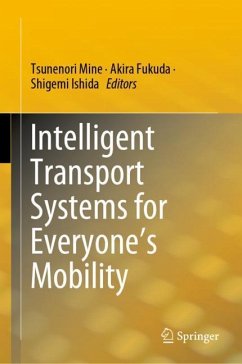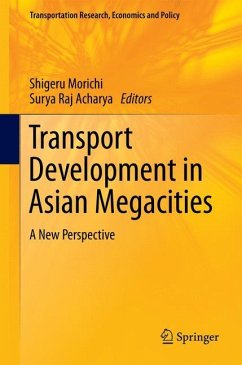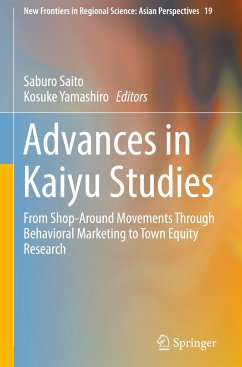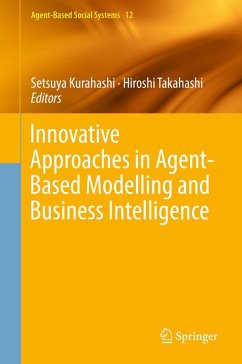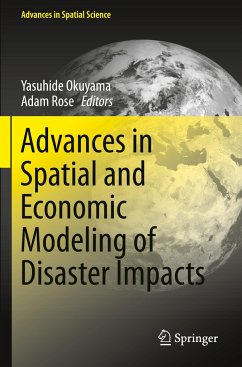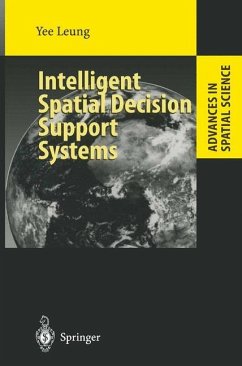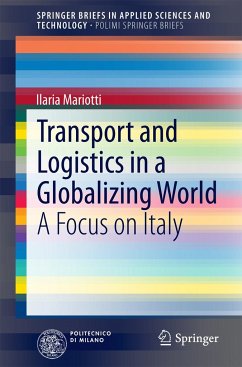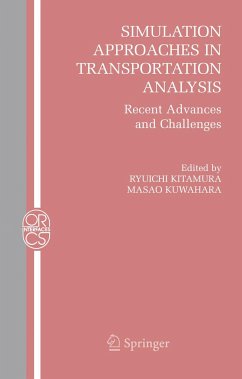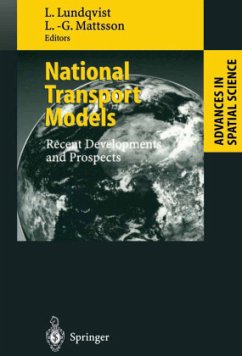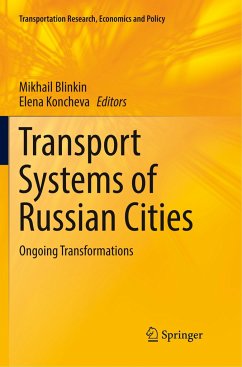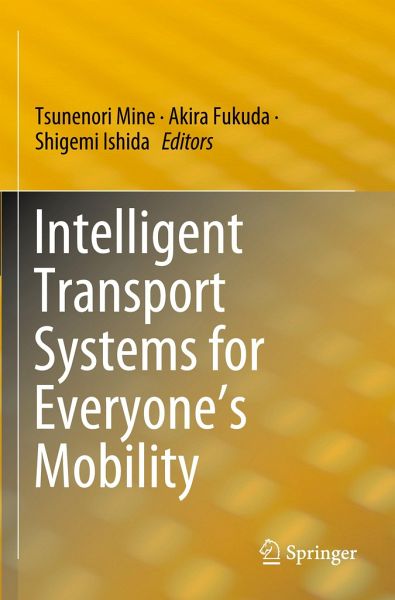
Intelligent Transport Systems for Everyone's Mobility
Versandkostenfrei!
Versandfertig in 6-10 Tagen
91,99 €
inkl. MwSt.

PAYBACK Punkte
46 °P sammeln!
This book presents the latest, most interesting research efforts regarding Intelligent Transport System (ITS) technologies, from theory to practice. The book's main theme is "Mobility for everyone by ITS"; accordingly, it gathers a range of contributions on human-centered factors in the use or development of ITS technologies, infrastructures, and applications. Each of these contributions proposes a novel method for ITS and discusses the method on the basis of case studies conducted in the Asia-Pacific region.The book are roughly divided into four general categories: 1) Safe and Secure Society,...
This book presents the latest, most interesting research efforts regarding Intelligent Transport System (ITS) technologies, from theory to practice. The book's main theme is "Mobility for everyone by ITS"; accordingly, it gathers a range of contributions on human-centered factors in the use or development of ITS technologies, infrastructures, and applications. Each of these contributions proposes a novel method for ITS and discusses the method on the basis of case studies conducted in the Asia-Pacific region.
The book are roughly divided into four general categories: 1) Safe and Secure Society, 2) ITS-Based Smart Mobility, 3) Next-Generation Mobility, and 4) Infrastructure Technologies for Practical ITS. In these categories, several key topics are touched on with each other such as driver assistance and behavior analysis, traffic accident and congestion management, vehicle flow management at large events, automated or self-driving vehicles, V2X technologies, next-generation public transportation systems, and intelligent transportation systems made possible by big data analysis. In addition, important current and future ITS-related problems are discussed, taking into account many case studies that have been conducted in this regard.
The book are roughly divided into four general categories: 1) Safe and Secure Society, 2) ITS-Based Smart Mobility, 3) Next-Generation Mobility, and 4) Infrastructure Technologies for Practical ITS. In these categories, several key topics are touched on with each other such as driver assistance and behavior analysis, traffic accident and congestion management, vehicle flow management at large events, automated or self-driving vehicles, V2X technologies, next-generation public transportation systems, and intelligent transportation systems made possible by big data analysis. In addition, important current and future ITS-related problems are discussed, taking into account many case studies that have been conducted in this regard.





